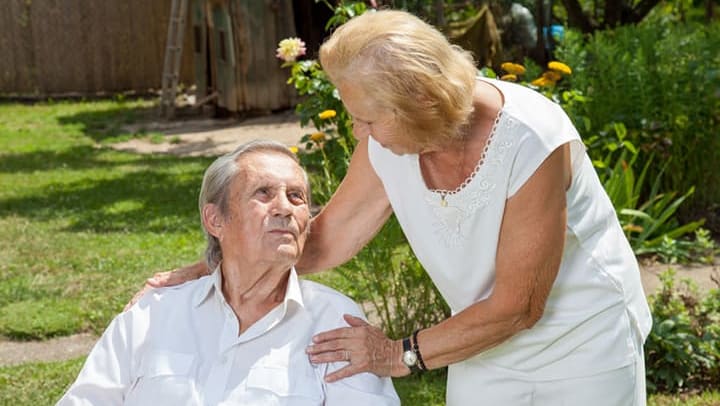
Here is a number that should be of concern to all of us: 45-85% of seniors in assisted living and skilled nursing have chronic pain (Stein & Ferrell, 2016). And that number represents only those who are able to recognize and report their pain!
For individuals living with dementia, pain is just as real as for the rest of us. The problem is that they may not be able to convey their pain in ways that cognitively aware individuals can. Often that leads to an ongoing cycle of pain, making their lives more uncomfortable than ever. What are the sources of pain in older adults? Here are some common ones:
There is an abundance of research into how cognitively impaired people experience pain and how caregivers can better recognize and administer to their pain. Here are some tips for getting better at recognizing pain experienced by a loved one with a dementia.
Depending on the cause and level of pain your loved one is experiencing, you may want to try one of the following methods to help alleviate their pain. Of course, it is important to check in with your loved one’s physician, as the pain could be emanating from a serious condition that needs treatment. Here are some natural methods of controlling pain that may work for you:
It goes without saying that there will be times when medication is needed. Always check with your physician to make sure you are using a medication that can be tolerated and that you are administering the correct dosage.
Pain gets in the way of all our lives. It makes doing even simple things more difficult. It hinders our concentration and alters our mood. For those with dementia it is even more important to be prudent in assessing pain experienced by your loved one with dementia and treating it properly.
Related Articles: